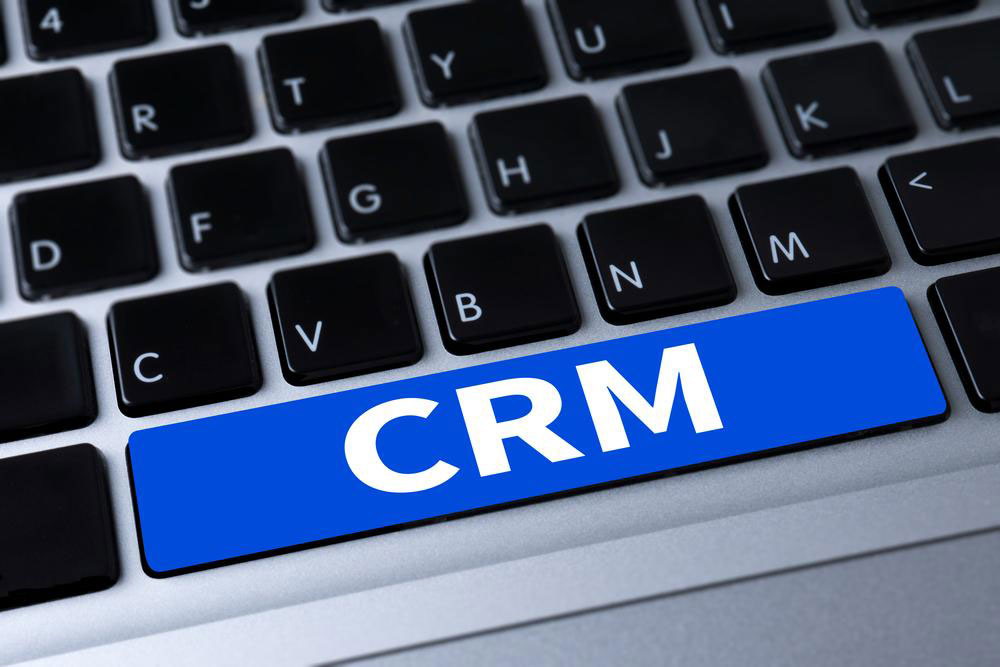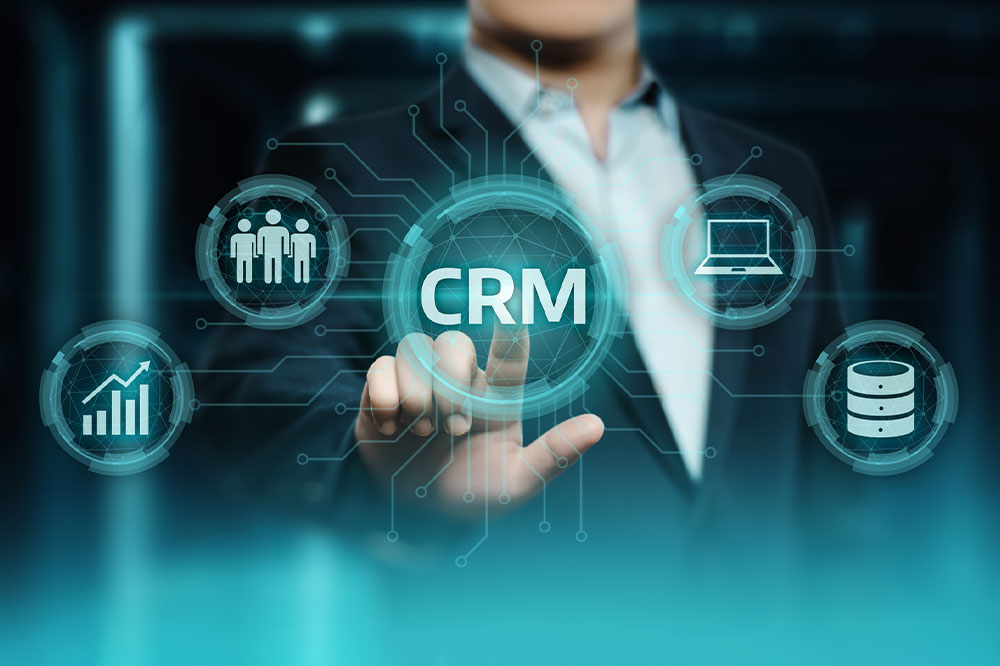Ultimate Guide to Customer Relationship Management (CRM) Software for Modern Businesses
Discover the comprehensive guide to selecting and implementing the best Customer Relationship Management (CRM) software tailored for businesses of all sizes. Learn about key features, social media integration, task management, security protocols, and how a reliable CRM can boost your company's efficiency and growth. This detailed overview helps you understand what to look for in a CRM system to streamline operations and enhance customer engagement effectively.

Ultimate Guide to Customer Relationship Management (CRM) Software for Modern Businesses
In today's highly competitive marketplace, an effective Customer Relationship Management (CRM) system is not just a tool but a strategic necessity for businesses of all sizes. These platforms help organizations streamline their daily operations, foster stronger relationships with clients, improve team collaboration, and ultimately boost revenue. Selecting the right CRM solution requires careful consideration of your company's unique needs, scalability, and the features offered. By understanding the key functionalities, integration capabilities, security measures, and user-friendliness of various CRM systems, businesses can make informed decisions that drive growth and efficiency.
Understanding the Role of CRM in Business Success
Customer Relationship Management software serves as the backbone of modern business strategies. It consolidates customer data, tracks interactions, and provides insights that enable personalized marketing and customer service. Whether you own a startup, a mid-sized company, or a large enterprise, implementing a capable CRM can enhance your sales processes, automate routine tasks, and facilitate better communication with customers. As a result, businesses can achieve higher customer satisfaction, increased retention rates, and sustained growth in competitive markets.
Choosing the Right CRM for Small and Growing Businesses
For startups and small enterprises, simplicity and ease of use are key. Platforms such as Zoho CRM offer intuitive interfaces and are tailored for limited budgets while providing essential features to manage inquiries, leads, and sales pipelines effectively.
Many CRM providers offer free introductory plans supporting up to 10 users, making them budget-friendly options for small teams to explore core functionalities without financial commitment.
In addition to basic sales management, it's vital to select CRM solutions that provide complimentary modules for essential functions like human resources management, invoicing, and customer support. These additional tools help streamline overall business operations.
Ensure that your CRM integrates seamlessly with popular social media platforms such as Facebook, Twitter, LinkedIn, and Instagram. This integration enables businesses to monitor social interactions, engage with audiences in real-time, and nurture relationships across multiple channels.
Top CRM Platforms for Social Media-Centric Sales
Nimble stands out as an excellent option for managing contacts across diverse social media channels and email platforms. Its ability to unify social conversations helps sales and marketing teams craft targeted engagement strategies.
The platform also offers built-in analytics that provide insights into communication patterns and customer behavior, all within an easy-to-navigate interface. This allows teams to adjust their outreach efforts and optimize engagement.
Can One CRM System Cover All Business Needs?
While finding a perfect all-in-one CRM can be challenging, many solutions come close. HubSpot, for example, offers a comprehensive suite of features that include contact management, email marketing, sales tracking, and customer support.
HubSpot's flexibility makes it suitable for teams of varying sizes, helping them manage calls, contacts, and customer databases seamlessly, all within a unified platform.
Effective Task and Event Management Within CRM Systems
Understanding the difference between tasks and events is essential. Tasks refer to specific assignments with set deadlines, while events are scheduled appointments or meetings at predetermined times.
Modern CRM platforms allow users to set reminders, track ongoing communications, and link these activities to individual customer profiles, improving follow-up efficiency.
Display important tasks and upcoming events prominently on dashboards. This prioritization helps teams stay organized and respond promptly to customer needs, fostering improved service delivery.
Securing Your CRM Data Against Cyber Threats
Security is paramount when managing sensitive customer data. Protecting this information requires a comprehensive approach that encompasses technology, processes, and training.
Choose reputable CRM providers that have received industry recognition from platforms such as CNET and PC Mag for their security standards.
Implement firewall protections, use robust hosting infrastructure, and maintain up-to-date antivirus software to prevent unauthorized access and data breaches.
Regularly train your staff on security best practices, including recognizing phishing attempts and maintaining strong, unique passwords.
Apply strict access controls and validation procedures within your CRM to ensure that only authorized personnel can view or modify sensitive data.
In conclusion, a well-chosen CRM system can transform the way your business interacts with customers, streamlines operations, and accelerates growth. By carefully evaluating features, integration capabilities, security measures, and user experience, companies can select a platform that scales with their ambitions, ensures data safety, and enhances overall productivity.





